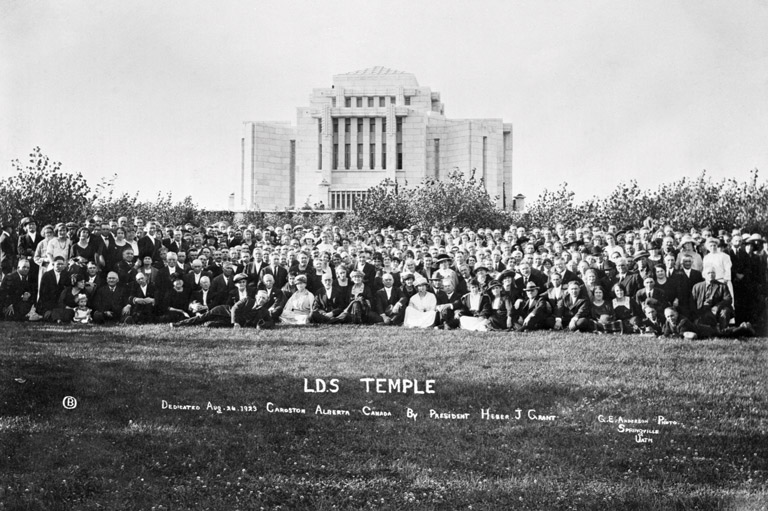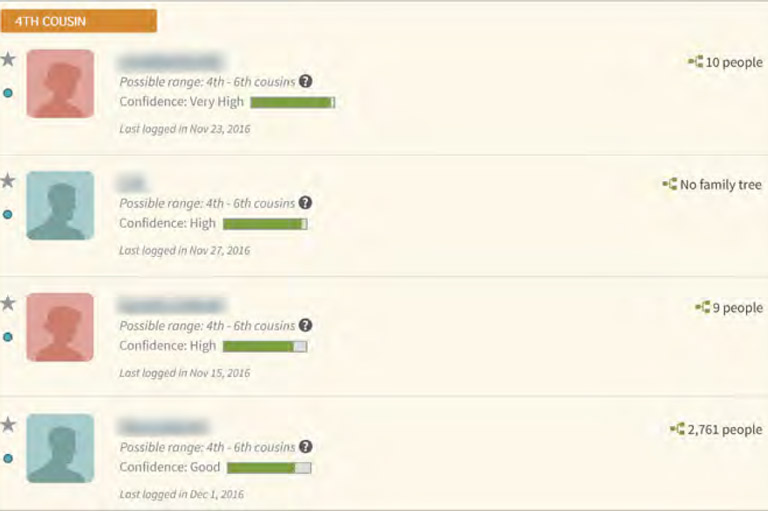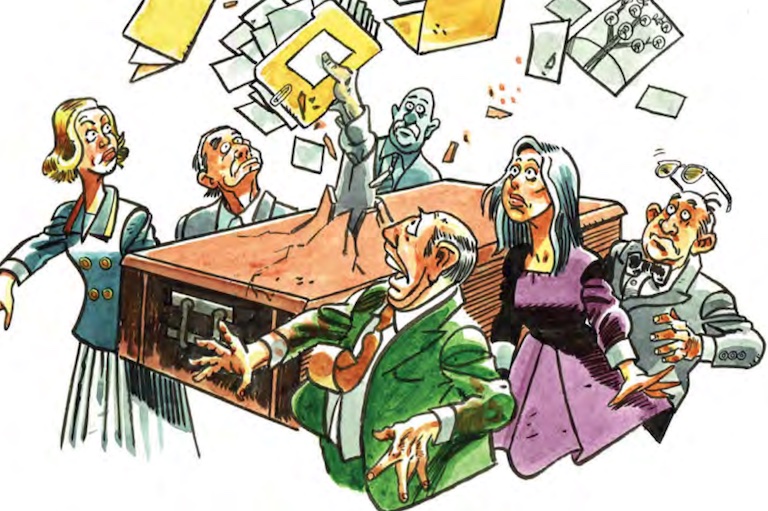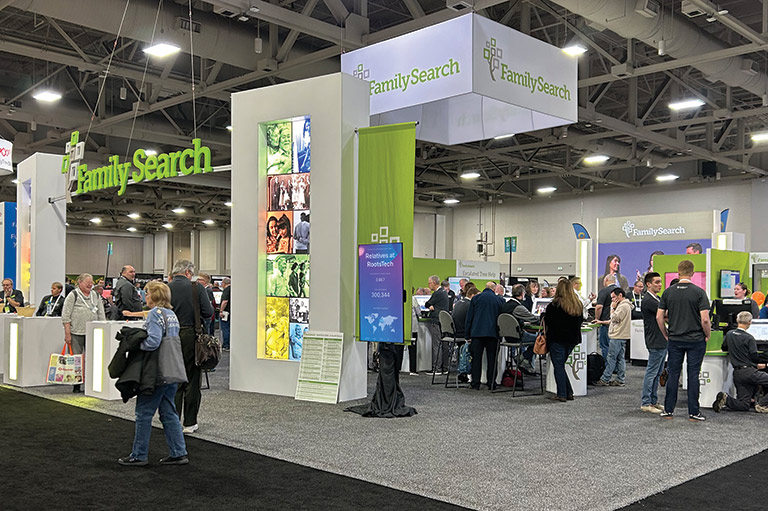Roots: Budget Genealogy
Say what you will about family history as a hobby, there are no food and beverage minimums. A good job, too, because genealogists are aggressively and sincerely frugal — or, in technical parlance, cheap.
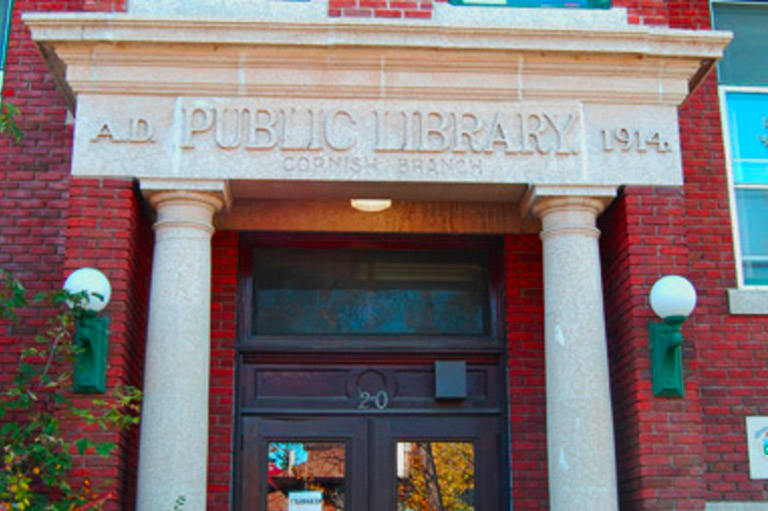
Advertisement
As with most pastimes there is no upper limit on what one could purchase: first-class trips to ancestral homelands and their records offices, or to the world’s largest genealogy library in Salt Lake City, Utah; attendance at conferences hosted annually around the world; fully loaded subscriptions to family history websites; memberships in relevant societies here and abroad; the hiring of researchers in faraway places who can navigate impenetrable records repositories in exotic languages; and a growing personal library of all the essential books and journals.
You could quickly run up a tab that would give even a globe-trotting golfer a case of the yips. Yet for virtual pennies — the price of gas money, a library card, and the occasional handling charge — you can do an impressive amount of top-quality research. Here’s how:
Visit a Family History Centre
First stop, the closest Family History Centre (FHC) run by the Church of Jesus Christ of Latter-day Saints, also known as the LDS or Mormons. These mini-genealogy libraries are readily accessible by the vast majority of Canadians. (Check FamilySearch.org/locations for the closest one to you.)
Don’t worry, you will never be proselytized by the devout while conducting research in an FHC. The knowledgeable, committed volunteers will get you started and show you how to order what you need from the Family History Library in Salt Lake City.
Use of an FHC is free, as is access to the ever-growing array of digitized and indexed records at the related FamilySearch website. And it’s just a few dollars to order resources from Utah.
Just remember to call ahead before you visit to make sure you have the FHC’s most up-to-date hours of operation, as these can vary.
Use free library resources
Next stop, identify the public library in your area with the most extensive genealogy holdings.
These are probably more comprehensive than you imagine. Provided there aren’t impatient patrons milling in a queue behind you, most librarians love to talk about their collections.
Ask if they subscribe to any library editions of commercial family history websites such as Ancestry.ca. (Many FHCs also have access to these editions.)
Also inquire about online services available only to libraries, such as HeritageQuest and Gale Genealogy Connect.
The former offers the Periodical Search Index and many other resources; the latter offers access to reference texts published by Genealogical.com.
Once you settle in at one of the library’s computers, you will soon be accessing thousands of databases at no cost to you.
Many researchers pay hundreds a year for largely the same service you’re getting for free. Of course they get to do it at 2:00 a.m. in their underwear, an option not yet offered by public institutions.
If you happen live in a university town, check out the research resources available at a nominal charge to local residents. Access to online databases may well be more extensive than in the public library system.
And don’t forget about interlibrary loans. At WorldCat you can locate two billion books, journals, and other items in ten thousand libraries around the globe, including about four hundred and fifty in Canada alone. A WorldCat search done at your library has advanced features not available at the public website.
Work from home
If researching from home is a priority, there are plenty of online resources available to you at no charge.
Start with FamilySearch for global records or Library and Archives Canada’s Genealogy Services website for Canadian research.
Consider googling your ancestors, especially those with rare or unique names, or looking for mentions of them in out-of-copyright publications available for search at Google Books or the Internet Archive. Cyndi’s List can provide a structured starting point for access to thousands of free websites.
Even if you aren’t a paid-up member of a commercial website such as Ancestry, you can still get freebies. For example, Ancestry allows limited free access to a wide variety of databases, including various historic censuses and the Drouin Collection that’s so important to those with Quebec ancestry.
Try to identify records you want to explore in more detail during the free-access periods that many pay-to-play commercial services often offer around major holidays. Even expensive DNA tests may be offered at a substantial discount.
Be aware that some offers of zero- or low-cost trial subscriptions may require your credit card number and an agreement that a regular subscription will start immediately after the trial period if you do not cancel in the interim.
Unless you truly have no money to spend on your hobbies, you will eventually conclude that there is a value in the convenience of researching on your own terms and from investing in genealogy tourism. By then you’ll know how to spend wisely while still pinching your pennies.
Themes associated with this article
Advertisement
You might also like...
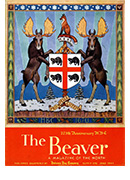
Canada’s History Archive, featuring The Beaver, is now available for your browsing and searching pleasure!

